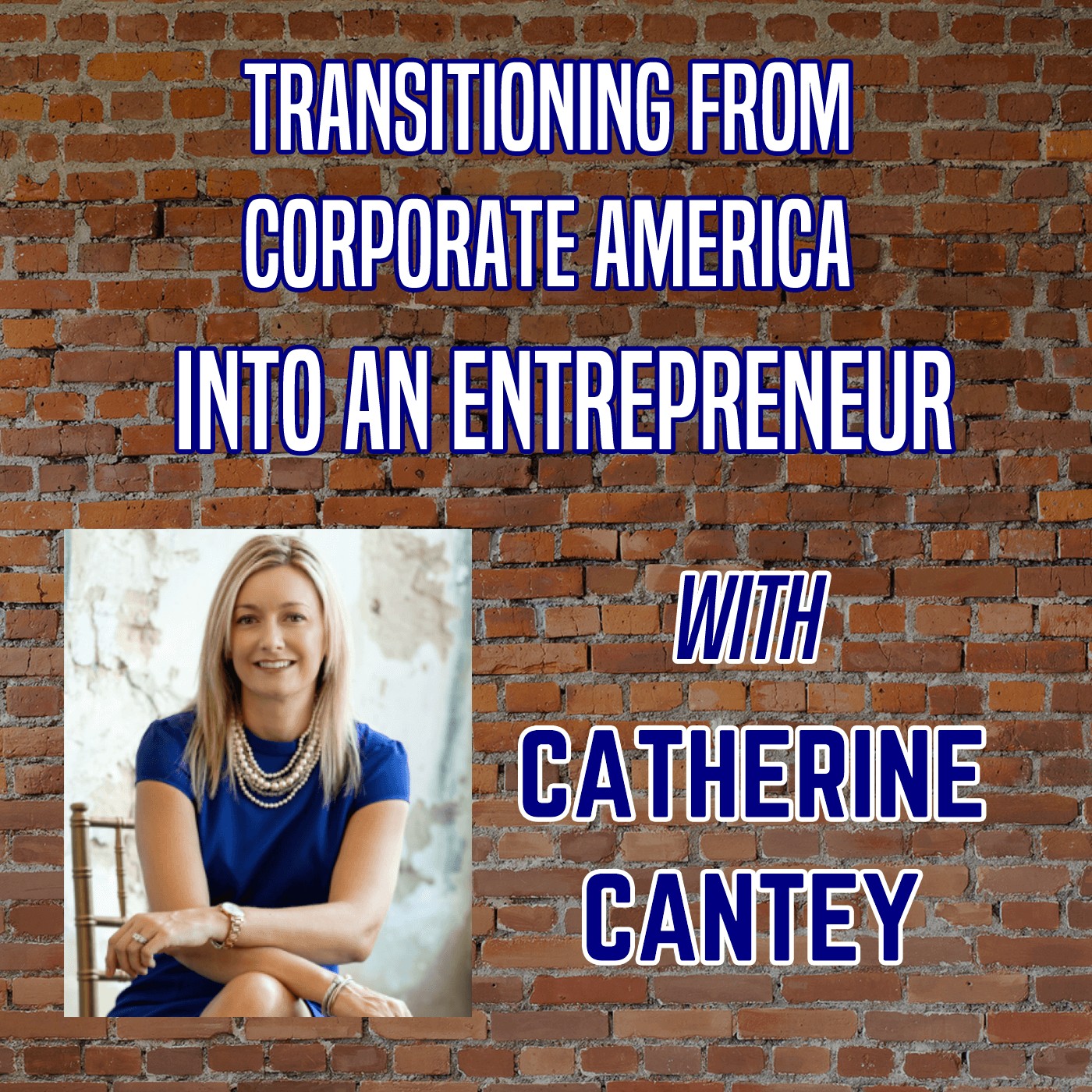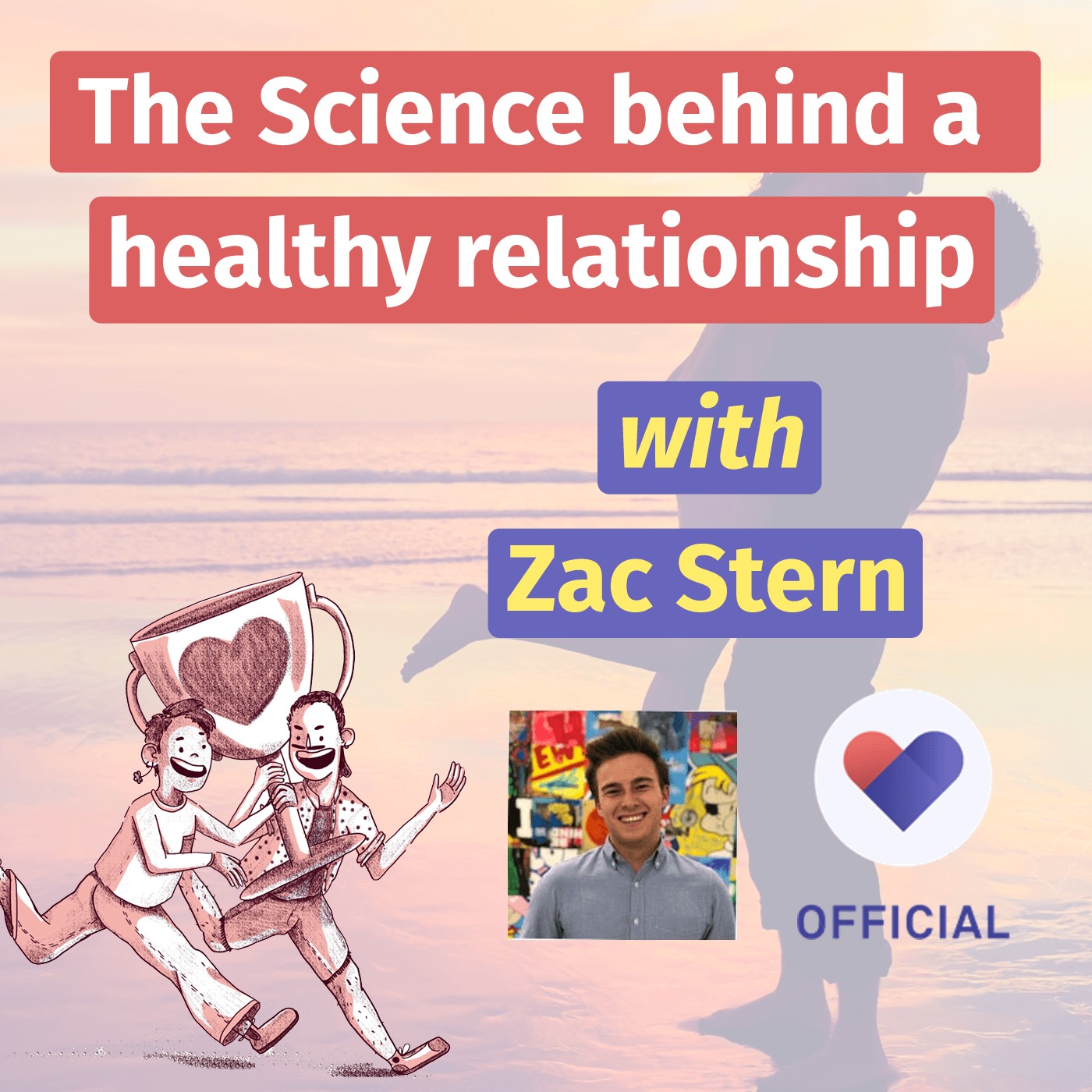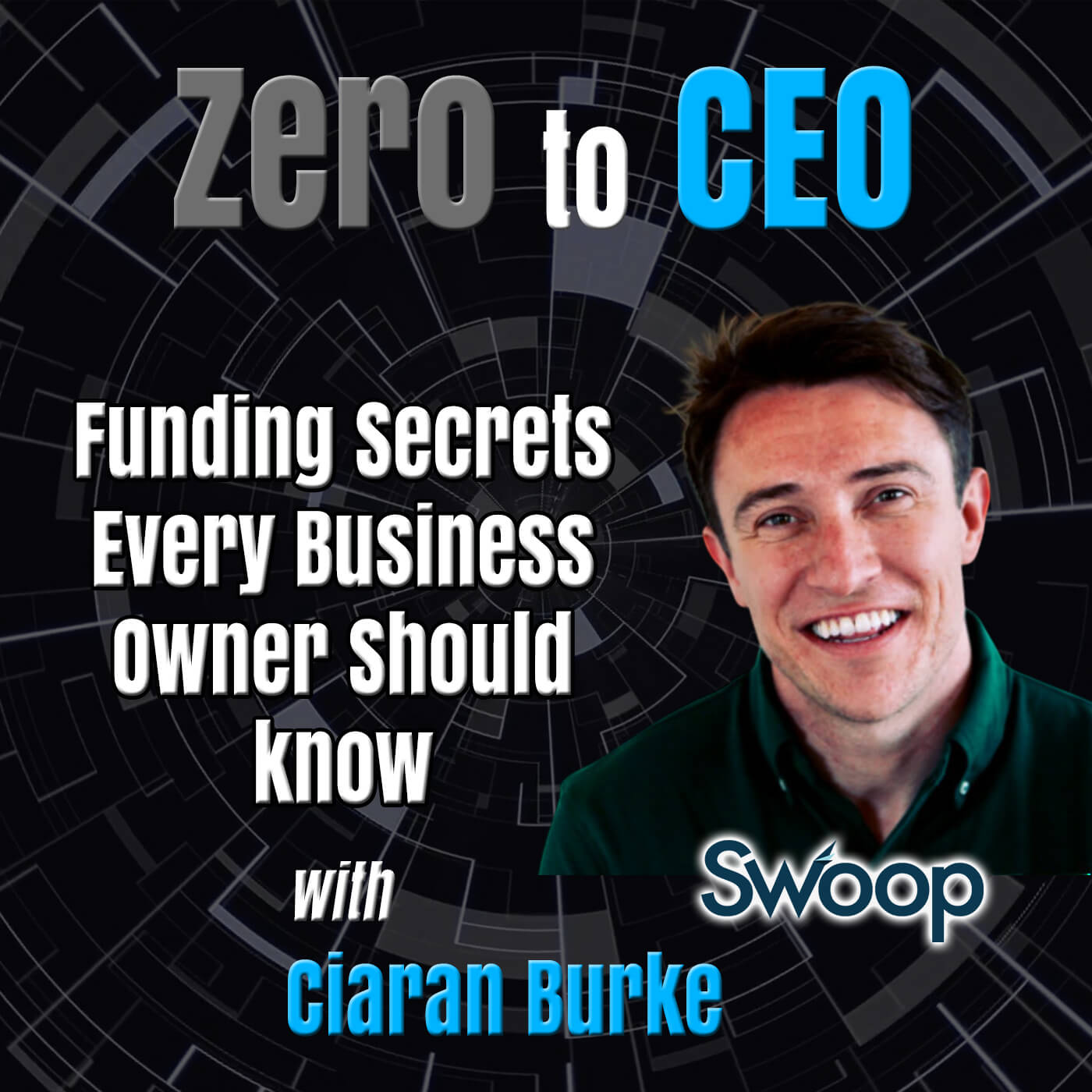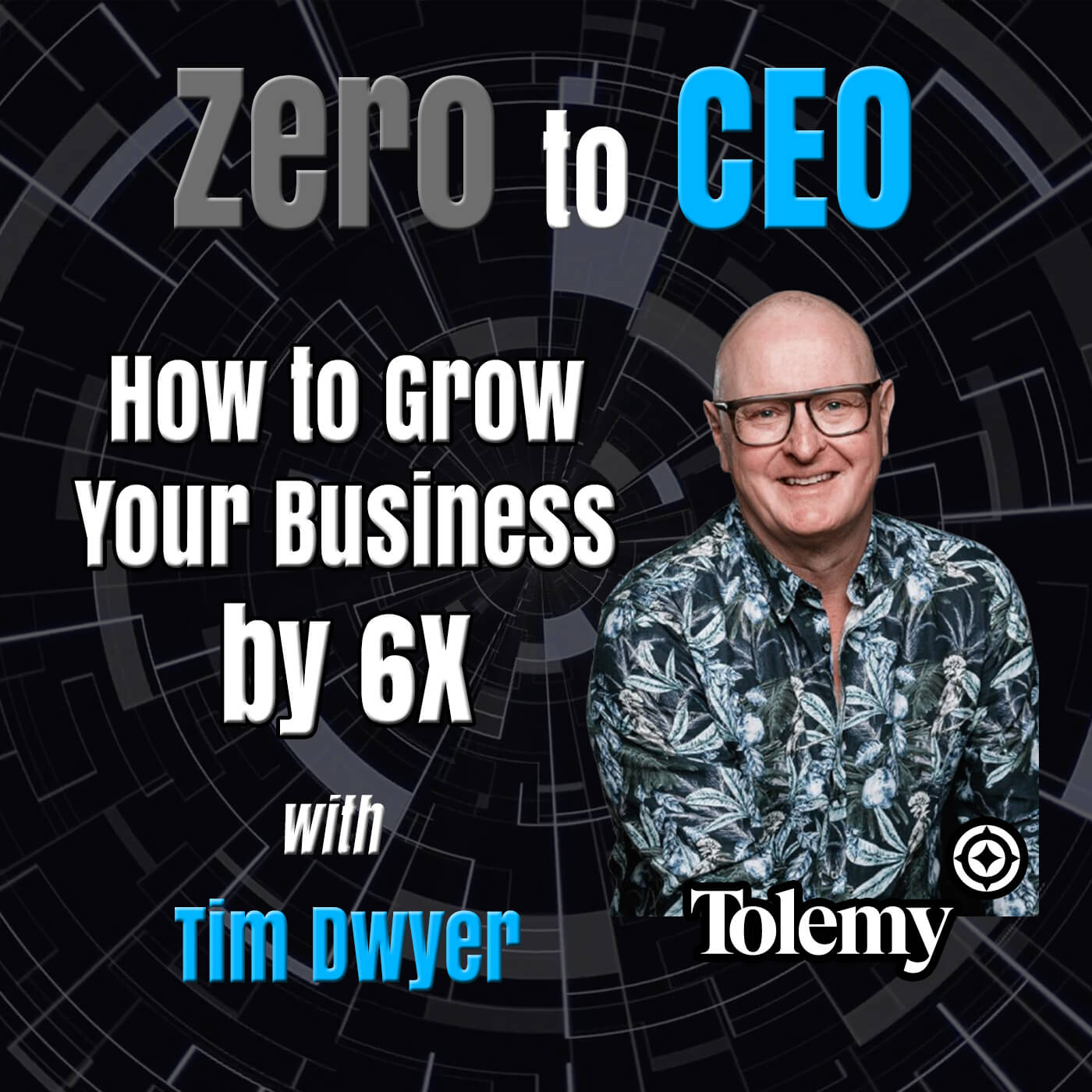3 tips on creating a podcast
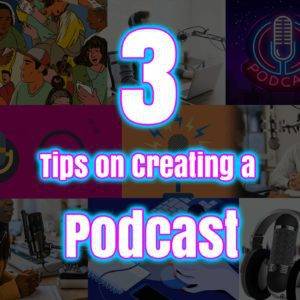
In today’s episode I’m going to tell you the top three things that you should do when thinking about starting a podcast. A lot of people recently have been telling me they want to start a podcast, and some of them are experts in different fields whether healthcare, history, or business. They say they want to start a podcast because people tell them they should start one. Well, in my experience, there are three things that you need to do in order to even come close to thinking about starting one. Learn these crucial tips in this episode!
Listen to the Podcast episode here:
Or Watch the Video here:
Here’s the transcript from this podcast episode, please excuse any typos!
The podcasts that I’ve listened to from people who said, Oh, I started a podcast about the pandemic. I listened to an episode or two and it was really not that great. And here are the reasons why I’m going to give you the top three things that you should do.
The first thing you need to do before you even think about starting a podcast is coming up with your niche topic in the industry that you’re in. So for example if you are going to be doing the healthcare industry, and you think that you’re just gonna talk about healthcare in general, that may not be very, you know palatable for people because it’s very generic it’s very broad, and there may be already a lot of podcasts in the healthcare industry like doctors that are, you know, experts, Dr Oz I’m sure has a podcast for example, and so you should pick a topic within healthcare that you are an expert so let’s say that you are really good at, you know, meditation, right, you’re good at helping people breathe with deep breathing exercises I know there are like people who are, you know experts at helping people, alleviate stress whether it’s with medicine homeopathic medicine or whatever so let’s just say that that’s your thing. So, now, before you start your meditation podcast, you need to do a search. So you need to go on to the iTunes podcast searching and all the other podcast platforms and search for meditation. There are like 100 of them, there are only three, there are 50. How many are there? Start listening to the episodes, see what they’re putting out first. Now, if it’s a lot of the same types of breathing exercises and helping you calm your mind, etc. Well maybe you can come up with a different angle, a different approach. Maybe yours would be meditation through music, so you teach people how to, how Mattoon, while they breathe. I don’t know. I’m just saying you need to differentiate yourself. If you’re doing a business podcast, and you’re really good at, say, finances and how to do accounting work. Well, how many people are doing that kind of podcast once again so maybe yours is going to be more focused on budgeting, how to, how to create better budgets and how to create, you know, or maybe retirement planning. Maybe you can do one where you help people specifically plan for the future. Okay, so again, any kind of industry that you’re in, whatever you’re an expert in, you need to find a topic that you’re really good at, you know a lot of things about that you can list out 50 topics for 50 episodes about that topic. And then find the niche within those topics within that industry, and that way you’re not just another podcast in the sea of podcasts, and like I mentioned one of the best ways to figure that out is to do your research, go online, look at the top 10 podcasts in your industry in your field, see what they’re doing and see how you can do it differently.
The second thing you should do before starting a podcast and this is a really important one. I did this years ago when I first started my podcast. I really sit down and brainstorm a list of titles for your episodes. So this means. Let’s say you’re a fashion expert and you’re good at making clothes and you’re good at making accessories and whatnot. Well, how many topics can you come up with for fashion? How to choose the right fabrics, how to pick the right dress for a cocktail event, how to choose the right suit for a wedding, and so on and so forth. How many topics can you come up with for your podcast? If you start to type out titles and you start to see that you’re around five or 10 topics or titles for your episodes and then you start to fall short on more ideas. It may not be a good podcasts niche or good podcast, no, hot topic, not a good industry you might have to think about something more than that you may have to think broader, people are experts in something and they are, but they fall short with the amount of knowledge they have, and that’s really the second piece of the podcast is knowledge, when people listen to podcasts, typically not always because there’s a lot of, you know true crime and like fiction science fiction and comedy and things like that. But typically when you’re listening to a podcast. A lot of people want to learn something, they want to learn from what you know, topics about, you know the industry they’re interested in because they found you and they searched for business or fashion or health care, whatever, whatever it was history. They want to learn from you. So the more topics, the more knowledge that you can give somebody the more very returned the next episode. To learn more and more and more, so you really have to come up with, I’d say at least 100 episodes, you know, this is probably in my, my 60 Something episodes, I’m almost at 100. So every week I put out an episode, and every week I give you a new topic or a new, you know, stream of knowledge, a new fact that I kind of, you know embellish a bit and give you more information about, and of course part of this is bringing in experts so you want to also interview people in your field. so, you know, let’s say you’re in the food industry and you’re a cook or you’re a chef and every episode you do is a new recipe and how to do the recipe. Maybe the next week you bring in an expert chef from a restaurant and you ask them questions about how they prepare food and what brought them to the art of cuisine and, you know, so you want to kind of break things up a bit, bringing in a guest every so often, I don’t think having a guest every single episode is really needed. I know a lot of podcasts out there that are popular. That’s what they do. I don’t do that. I do every other episode as a guest and then every other episode is one of my own topics and then I also do topics about the future. So I kind of break things up a bit so it’s not always the same exact thing. So think about doing that as well to kind of break up your podcast into separate categories, whether it’s experts that you interview, the topics that you’re knowledgeable in, and then something kind of out there write something in the in the space of what you do because, like for example, mine is technology and business and startups, and the future in technology, kind of, it works its way back into that because you know we live in a future of technology right we live with smartphones and internet satellites spaceships, we live in all this stuff so to me it’s kind of correlated with my topic so you can do something similar.
And the third thing you need to do before starting a podcast is learn how to use the equipment. How many times if I turn on a podcast that somebody said they started, and the audio was literally from their iPhone, it was horrible audio in your phone or, you know, it sounded like it was muffled or there was static or it sounded not very clear. And, you know, there it just wasn’t good, it wasn’t a good quality podcast and the thing about podcasts is it’s all about audio. Right. And you need to have a good microphone I use the road caster, right, and you need a good audio capture device I use the zoom h4 and I use OBS Studio for capturing the video that I use for my YouTube videos, and I use Audacity to do the audio editing because you need to remove the noise from the background you need to use equalization to add treble or bass or both, you need to do a limiter so you’re, you’re limiting the volume, so it’s not hitting peaks, and so that it’s level, the whole entire time, and you know really learn how to use it because if you don’t do that then people are going to turn on your podcast and it’s going to sound like crap and they’re going to turn it off. Okay, so you’re not going to get a lot of, you know a lot of followers but if it sounds professional and, you know, you sound good, then people will say okay, this sounds good it sounds professional they put some time, effort and money into this podcast, I will listen to it. And also keep in mind, I mean, buying equipment, you know, it can cost money a microphone might be one or $200 the audio device $100 You’re gonna need a, you know, computer or a laptop that can record everything. At least audacity software is free but you are going to spend a couple $100 To get your equipment up and running. If you want to go a cheaper route and start small, get a cheaper microphone, a cheaper audio device or just record directly from your microphone directly into Audacity, you can do that. I just prefer to do it the way that I do it because it comes out very professional. As you can hear, right now, as you want to start out small start out small, do it, you know, do it cheap or outright and just to see get used to doing the project to see if you even enjoy doing it because the truth is, podcasting is hard work, and it takes a toll on your voice. You have to have an episode every single week, if not more, some podcasts have two episodes a week. And you have to be able to talk about them, you know the topic every single time you’re doing a podcast, and then you have to do all the editing, and people forget something when it’s, when you do podcasting, you don’t just talk into a microphone. You have to do all the editing that I just talked about this as you’re doing a video you have to do the video editing, then you have to do the audio editing, then you have to add the intro and the outro, you have to add the credits, you have to make a thumbnail for YouTube, you have to make a thumbnail for your podcast episode, meaning it’s made graphics, there are free websites where you can make them, I do them in Photoshop myself from scratch, but those take time, whether you’re doing it. Either way, then you have to promote it on social media. That takes time. You have to create the shortened links on Bitly or whatever you’re using, you have to post the thumbnails and you have to come up with a copy of the summary of the episode you’ve typed that up. I mean, These things take time and for me personally, doing a podcast and a YouTube channel. It’s almost like a part time job, I mean I definitely spend a couple of hours a week doing this, sometimes more, and it’s definitely work especially when you have a week full of interviews with people whether you’re being interviewed or you’re interviewing people, And you have to do your regular episodes to do all the editing, and if you’re if you’re not hiring someone to produce all your content. It’s a lot of work so you have to be ready to commit to being a podcaster, don’t start a podcast, put it out there, and then not release episodes. Consistent sistent, week by week. If you want suggestion it’s a good tip is when we create episodes for your podcast, try to plan out a couple of episodes that you’re going to record within, you know, in one day in a couple of hour timeframe just blocks out that time frame to record multiple episodes, you know T O, etc. Take a break in between your Twitter or some tea. A record multiple episodes and that way you’re recording multiple weeks worth of content in just a couple of hours which will save you a lot of time and it kind of, when you’re recording a podcast, you’re kind of in a mind zone.
So, that’s a good way to do it. It’s what I do and I want to leave you with one bonus tip, it’s not. It should be included because a lot of people talk about your audience, right, who are you targeting with your podcasts. The reason I didn’t make it one of my tips is because what I found was my podcast and with other people’s podcasts is they’re not 100% Sure, who their audience is in the first place, so you don’t actually find out until you start releasing episodes. But if you do some groundwork in your industry, your topics, your expertise and you kind of go on Facebook groups and social media groups and you start to learn what types of people are interested in the topics that you’re going to provide on the podcast or what type of stories. Maybe you can then cater the episodes to that audience, so that you reach them more effectively. And, of course, help you gain a sponsor or have brands come to you. Companies come to you with their advertisements to reach an audience because you can tell them I have people from 20 years old to 30 years old, you know these genders, these demographics, whatnot on my podcast so maybe this product fits what a person buys, knowing your audience is also important. I just feel as though it’s something that you kind of learn as you go along and you release episodes and maybe if you have analytics on the platform you’re using, they’ll tell you what kind of people you’re getting and then you can target those people more effectively. Hopefully these tips will help you, your podcast. If you have any questions on the equipment or the process or what topics you want to cover what industry you’re in, and you’re not sure exactly what to do and you need to know, maybe I can help you. So post some comments in terms of what you think your podcast is going to be about what you’re an expert in what kind of topics you should talk about. And I’ll tell you what I think. And as always, I hope you learned something, and I will see you all in next week’s episode.
![]()



